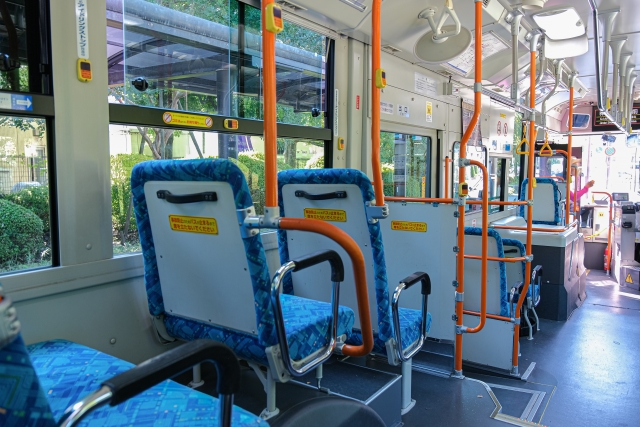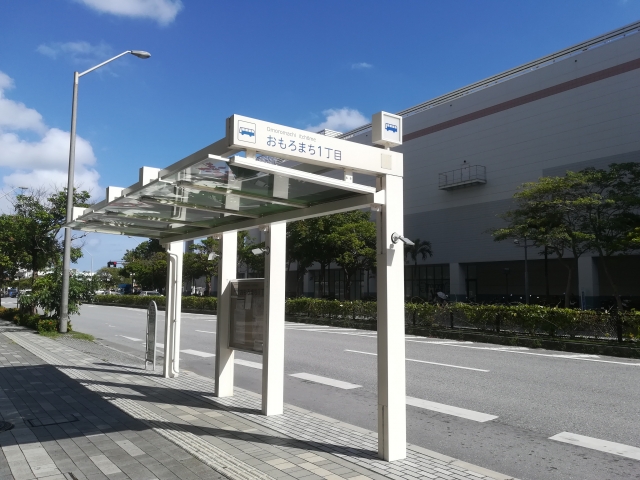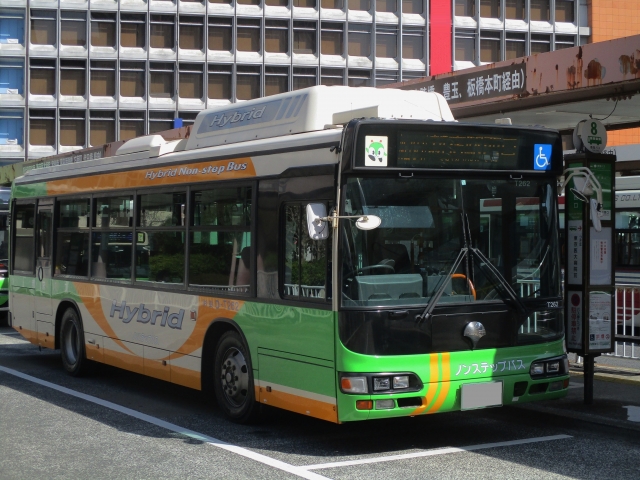Traversing Japan’s city streets and countryside by local bus is an adventure in and of itself.
It offers a wonderful chance to observe everyday Japanese life, soak up local customs, and immerse yourself in the rhythms of the local community.
However, its unique social norms, especially when it comes to public transportation.
To help you navigate this part of Japanese culture with ease and respect, we’ve prepared a guide on the etiquette of riding a local bus in Japan.
Getting on & off the Bus

In Japan, the way you board and alight the bus is slightly different than in other countries.
Most local buses in Japan have a rear-door entry and a front-door exit policy.
When boarding, you take a ticket from a machine near the rear door. This ticket will have a number corresponding to your boarding point.
When exiting, you pay by putting the exact change, along with your ticket, into a fare box near the driver.
Fare Etiquette
Fares often depend on how far you travel, and it’s usually a cash-only system.
If you don’t have exact change, worry not; buses are equipped with change machines, but they can only break smaller notes.
It is good practice to prepare the exact fare while you’re seated, so you don’t hold up the line when it’s time to disembark.
Conduct on the Bus
Once you’re on the bus, there are a few etiquette rules to follow to ensure a smooth ride for everyone:
- Seating: Priority seating is available for the elderly, disabled, pregnant women, and people with young children. If you’re sitting in a priority seat, be prepared to give it up if someone in need comes on board.
- Noise Level: Keep your voice down while on the bus. Loud conversations—whether in-person or on the phone—are discouraged. In fact, in many areas, phone calls are prohibited on buses.
- Eating and Drinking: As a general rule, refrain from eating or drinking on local buses. The smell or mess could cause discomfort for other passengers.
- Baggage: If you’re carrying large bags or suitcases, make sure they aren’t blocking the aisle or taking up extra seats. Some buses have designated areas for large items.
Interacting with the Bus Driver
Japanese bus drivers are known for their professionalism.
They’re usually more than willing to help if you’re confused about the fare or your stop.
However, remember to be respectful. When in conversation with the driver, keep it short and avoid distracting them from driving.
Using the Bus Stop

The art of using bus stops in Japan is a part of bus etiquette as well.
The bus stops are usually marked with signs showing the name of the stop and listing the buses that stop there.
In many places, you’ll have to flag the bus down by raising your hand as it approaches – it may not stop otherwise.
Once you get off, it’s customary to thank the bus driver with a quick “Arigatou gozaimasu” or a simple nod.
Lost in Translation?
Navigating local buses in a foreign language can be a challenge.
However, Japan is increasingly tourist-friendly. Many buses in popular areas have announcements and electronic signboards in English that display the next stop.
There are also plenty of smartphone apps that provide real-time bus schedules and routes in English, so make sure to download one before you hit the road!
Remember the Rush Hour

Traveling during rush hours in Japan, especially in big cities, can be quite intense.
The buses are packed, and the strict adherence to time can be daunting.
If you’re a tourist with flexible timing, it’s best to avoid the morning (7-9 AM) and evening (5-7 PM) rush hours for a more comfortable ride.
Conclusion
There’s a certain charm in maneuvering through Japan like a local and experiencing the country’s rich tapestry of traditions and etiquettes.
By adhering to these unspoken rules while riding a local bus, you not only make the journey smoother for yourself but also for your fellow passengers.
When all is said and done, respect and mindfulness form the heart of these guidelines, reflecting the core principles of Japanese society.
Next time you’re waiting at a local bus stop in Japan, you’ll be ready to step on board with confidence!



comment